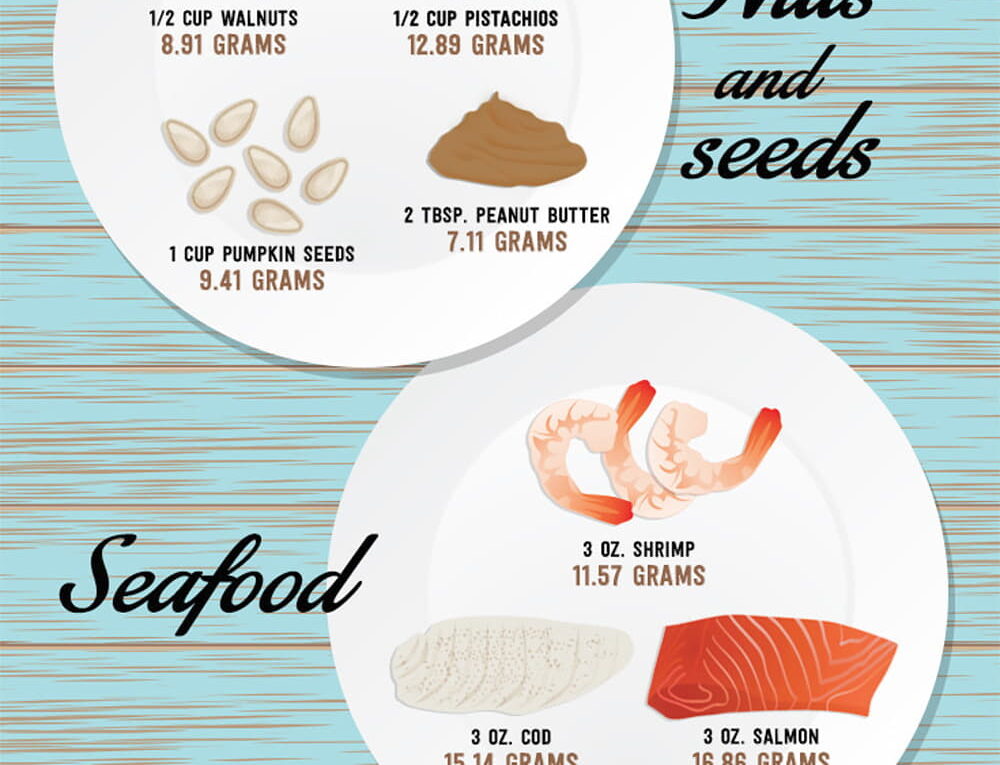Promoting Healthy Eating with Increased Protein Intake During Dieting
According to research, eating more protein while dieting not only prevents lean body mass from being lost but also improves food choices eaten.
An analysis of data from multiple weight loss studies demonstrates that even a minor increase in protein consumption from 18% to 20% can significantly impact an individual’s food choice quality and improve weight loss results.
Researchers find it notable that increasing protein consumption during dieting independently promotes greater green vegetable consumption while simultaneously decreasing added sugars and refined grains consumption.
Researchers also discovered that moderately higher protein consumption provided an added advantage, in that it reduced lean body mass loss associated with weight loss.
Diets that utilize calorie restrictions to lose weight often result in reduced consumption of healthy foods containing micronutrients like zinc and iron. Consuming more protein has been associated with healthier outcomes, although its link with quality diet remains poorly understood.
Researchers noted the significance of studying the correlation between protein consumption and quality of diet is necessary due to subpar American diet quality and popularity of weight loss diets with increased protein consumption as major drivers.
Over 200 women and men who participated in clinical studies over the last 20 years provided data for this analysis. All were aged 24 to 75 and classified either obese or overweight on BMI scale; all participants were instructed to adhere to a 500 calorie deficit diet with regular nutrition counseling sessions as support sessions lasting 6 months.
They received nutritional guidance based on American Diabetes Association and Academy of Nutrition and Dietetics guidelines. For instance, they were advised to devote 18% of their caloric intake to lean proteins such as dairy products, legumes, fish, unprocessed red meat, poultry and whole grains as part of a balanced diet of whole grains vegetables fruits without salt, sugar refined grains and saturated fats.
They maintained detailed food diaries, which were then evaluated to analyze ratios, specific protein sources, categories of foods eaten and overall quality of diet.
Individuals who selected their own protein intake were then divided into either a lower-protein approach with 18% of overall calories derived from protein, or higher-protein approaches with 20%.
The research found that both individuals in the low-protein and high-protein groups lost approximately five percent of their body weight over six months; with those in the higher protein group generally opting for healthier food mixes than their low protein counterparts.
Individuals in the higher-protein group increased green vegetable consumption while decreasing consumption of refined grains and sugar, leading to improved lean muscle preservation.

